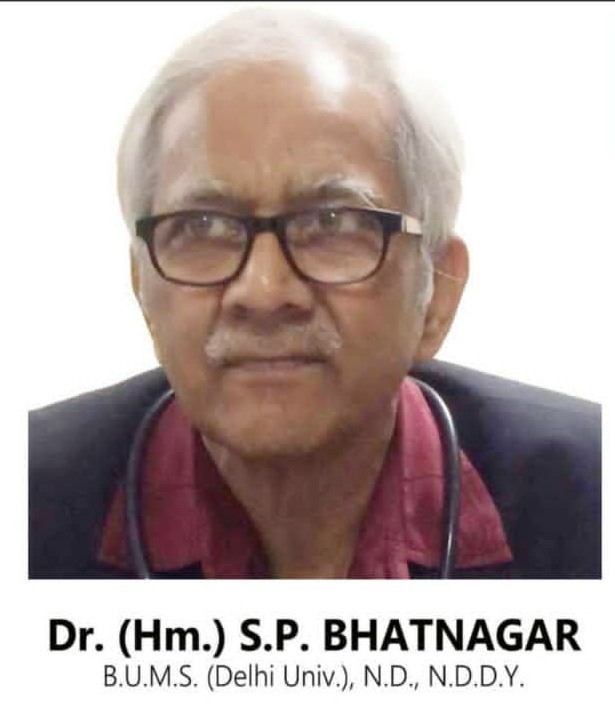New Delhi, June 9: Dr. S.P. Bhatnagar, President of All India Unani Pathy Forum, has expressed profound disappointment and concern over what he perceives as a longstanding and systemic bias within the AYUSH Department of the Government of India against Unani medicine. In a strongly worded statement, Dr. Bhatnagar criticized the department for its continuous neglect and discriminatory practices that have marginalized Unani medicine in favor of other traditional medical systems like Ayurveda.
Dr. Bhatnagar voiced his support for the All India Unani Tibbi Congress’s ongoing campaign, which calls for the AYUSH Department to ensure that Unani medicine is given equal prominence alongside Ayurveda in all official documents, circulars, and communications. He emphasized that this inclusion is not just a matter of fairness but a necessity to acknowledge and respect the contributions of Unani medicine to the country’s healthcare system.
One of the critical issues raised by Dr. Bhatnagar is the recent omission of Unani medicine from the Union Home Ministry’s circular for the Padma Shri awards for the year 2024-25. This omission, he argues, is a direct result of the AYUSH Department’s negligence and discriminatory attitude. “The exclusion of Unani medicine from such prestigious recognitions not only undermines the field but also demoralizes practitioners who have dedicated their lives to this ancient system of medicine,” he stated.
Dr. Bhatnagar also pointed out a similar instance of bias in the Ministry of External Affairs, where the passport verification website explicitly mentions Ayurveda but fails to include Unani medicine. This exclusion, he argued, further reflects the pervasive discrimination that Unani medicine faces at multiple levels of government.
Beyond the central government, Dr. Bhatnagar highlighted that several state governments exhibit a similar biased approach towards Unani medicine. He called for immediate action to rectify these attitudes and practices, stressing the need for a more inclusive and equitable approach to traditional medical systems in India.
Furthermore, Dr. Bhatnagar urged the central government to expedite the appointment process for vacant positions at the National Institute of Unani Medicine’s Ghaziabad Extension. He noted that filling these positions is crucial for the institute’s effective functioning and the advancement of Unani medicine in India.
In conclusion, Dr. Bhatnagar’s statement is a clarion call for the AYUSH Department and other government bodies to recognize and address the biases that have long hindered the progress and recognition of Unani medicine. By ensuring equal treatment and representation, the government can help preserve and promote this valuable medical tradition, benefiting practitioners and patients alike.




